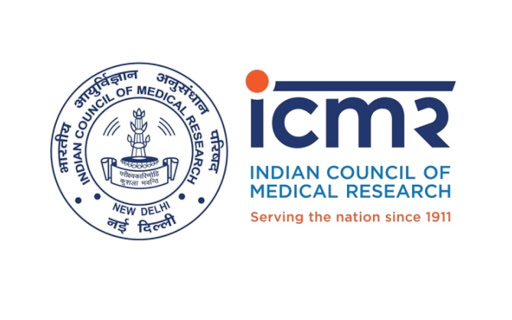Since the beginning of the novel coronavirus, the central government has announced various steps to combat the disease and has kept the public informed through the Indian Council of Medical Research (ICMR), which gets supported by the Department of Health Services (DHS), Ministry of Health and Family Welfare (MoH&FW).
ICMR is one of the oldest medical research bodies across the globe. It was founded in 1949 in India to prepare, coordinate and foster biomedical research. Its purpose is to translate medical innovations into products and research into action for transforming the health of the population, including the disadvantaged and marginalized sections of society.
The ICMR headquarter is in New India, and its official website is https://icmr.gov.in/. The secretary of DHS is the director-general of ICMR, Prof. Balram Bhargava. Under it, there are 27 institutes/regional medical research centres across the country.
It conducts Clinical Trials Registry – India (CTRI), got set up on July 20, 2007. It is a free and virtual public record system for enrollment in India’s clinical trials. It exhorts registration of clinical trials before the enrollment of the first participant.
Earlier, ICMR was known as Indian Research Fund Association, whose first meeting took place on November 19, 1911. In 1926, its governing body established the Institute of Hygiene and Public Health in Calcutta (now Kolkata).
Being an apex and local body, it got into records on March 22, 1938, under the Government of India Act No. XXI of 1860. For the first time in the country, it published ‘Nutritive Value of Indian Foods and Planning of Satisfactory Diets’ in 1937. Dr C.G. Pandit took charge of office as the first full-time secretary of the association in July 1948. It held the first nationwide tuberculosis survey in 1955.
The ICMR mission is to urge the use of modern biology applications to resolve the country’s health concerns and enable the culture of research in academia, particularly medical colleges and other health research institutions, by improving infrastructure and human resources. The council has contributed to fighting against severe diseases, such as malaria, tuberculosis, AIDS, Kala-azar, filariasis, leprosy, and poliomyelitis. In addition, its regional centres address local health issues.
It provides support, funds and strengthens medical colleges and Non-Governmental Organizations (NGOs) for various projects regarding research capabilities. Union Health Minister Dr Harshvardhan chairs the ICMR’s governing body. The board comprises Task Forces, Scientific Advisory Groups, Scientific Advisory Committees, Expert Groups and Steering Committees etc., which assess and supervise various research activities of the council.
Its other achievements included Zika, Nipah, and Canine Distemper Virus in 2018. Furthermore, its National Institute of Cancer Prevention and Research became the 7th knowledge hub on smokeless tobacco of WHO-FCTC (Framework Convention on Tobacco Control) worldwide. In addition, it collaborated with the World Health Organization (WHO) and other ten nations to launch ‘RESEARCH’, which refers to Regional Enabler for South East Asia Research Collaboration. Its goal is to tackle potential and reemerging infectious diseases in the region of Southeast Asia.
During the coronavirus pandemic, the body has essentially assisted the nation in different forms. It joined hands with Bharat Biotech to develop and manufacture India’s first indigenous COVID-19 vaccine named ‘Covaxin’.




